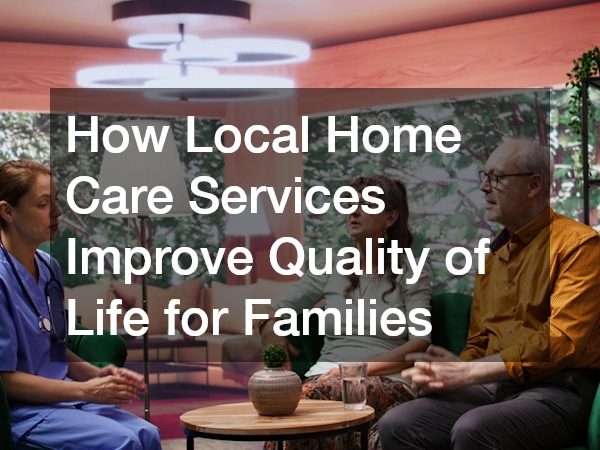Train to Busan, World War Z, 28 Days Later—it’s almost satirical that people are fascinated with apocalyptic zombie movies when the reality is now almost the same. And it’s not the pandemic that’s causing it, but the veneration of a workaholic culture.
The covid-19 pandemic has put the world on a temporary standstill, and only after a few months, a lot of people have become depressed because suddenly they have too much time on their hands. The busybodies started to feel they have lost their productivity. Some went into overdrive, working from home, now logging in even more hours of work even in their pajamas.
But really, all these motivations to keep working day in and day out has blinded a lot of us from other important things in life. Just like zombies, these people’s minds have become one-tracked: work. And gradually, without knowing it, they are burning out their lives.
We go to an ENT specialist when we notice a persistent sore throat or runny nose. They’re not normally dangerous, but there might be a bigger problem because they have become constant. Like these physical needs, when we feel that there is a chronic discomfort in our minds and emotions, we have to get ourselves checked.
Burnout is not always easy to identify, especially when peers and colleagues always seem to be on the go. There’s a tendency to question yourself why you would ever burn out when other people could easily handle their work. Well, we all have different capacities. Additionally, we don’t know what those other people are feeling despite their seeming passion for work. Don’t look towards other people. Rather, gauge how you genuinely feel.
Irritability
Being irritable is a common sign of stress. Your mind is already loaded; you feel uneasy. Of course, you will explode when an additional disturbance occurs, no matter how small it may be. If you are not naturally irritable, and yet you suddenly find yourself shouting at your younger siblings or your children, getting outrageously mad at random strangers who accidentally bump you on the street, you are stressed.
Compassion fatigue
Compassion fatigue is most often associated with social workers and those working for non-profit organizations. It’s a state where a person loses the ability to empathize with another person. It could happen when there’s too much exposure to the same problem or situation, and maybe finally feeling that there’s no hope that the problem will always be there despite all efforts. There’s a lack of emotion when confronted with the same story, and everything becomes purely about work’s sake and no longer about people’s lives.
In truth, anyone, even those in the corporate world, can feel this. Maybe those who work in a dog-eat-dog setup are the ones who even feel it first. Everyone in the workplace is either a rival, a tool, or an asset. Once we forget that we are working with humans and our work affects several lives, we should pause and evaluate ourselves.
Lack of energy

There are several reasons why we may lack energy. It could be due to some illness, not getting proper nutrition, or maybe lack of sleep. Several medical conditions could lead to this kind of physical fatigue. But it could also be because of a psychological state. You might suddenly feel you lack energy simply because you’re not motivated to do that task. There seems to be no meaning in accomplishing it. It doesn’t matter if it gets done or not. Since our mind is mighty, this belief could translate into a physical condition where you don’t have the strength to do anything, and you always feel sleepy. You would be the best judge for this.
All of these symptoms do not immediately mean burnout. They are, however, leading to it at the very least. If one or two of these have been occurring for quite a time now, get some help. If you think you can work it out on your own, try having a day or two away from work. Cut off your communication lines during these days so you wouldn’t be bothered.
When you return to work, go slow. Remember that you are the only one living your life—no one’s competing with you. Stop looking at life as a competition and work as your weapon. Ask yourself why you are working. Maybe it’s for your family. So don’t forget to spend time with your family even as you’re working. Maybe it’s so you could enjoy your retirement years. Don’t wait for your old age to enjoy life. Don’t forget what matters most. Always find a balance between your work and your life. Work is only a circumstance of living, not the core of it.






